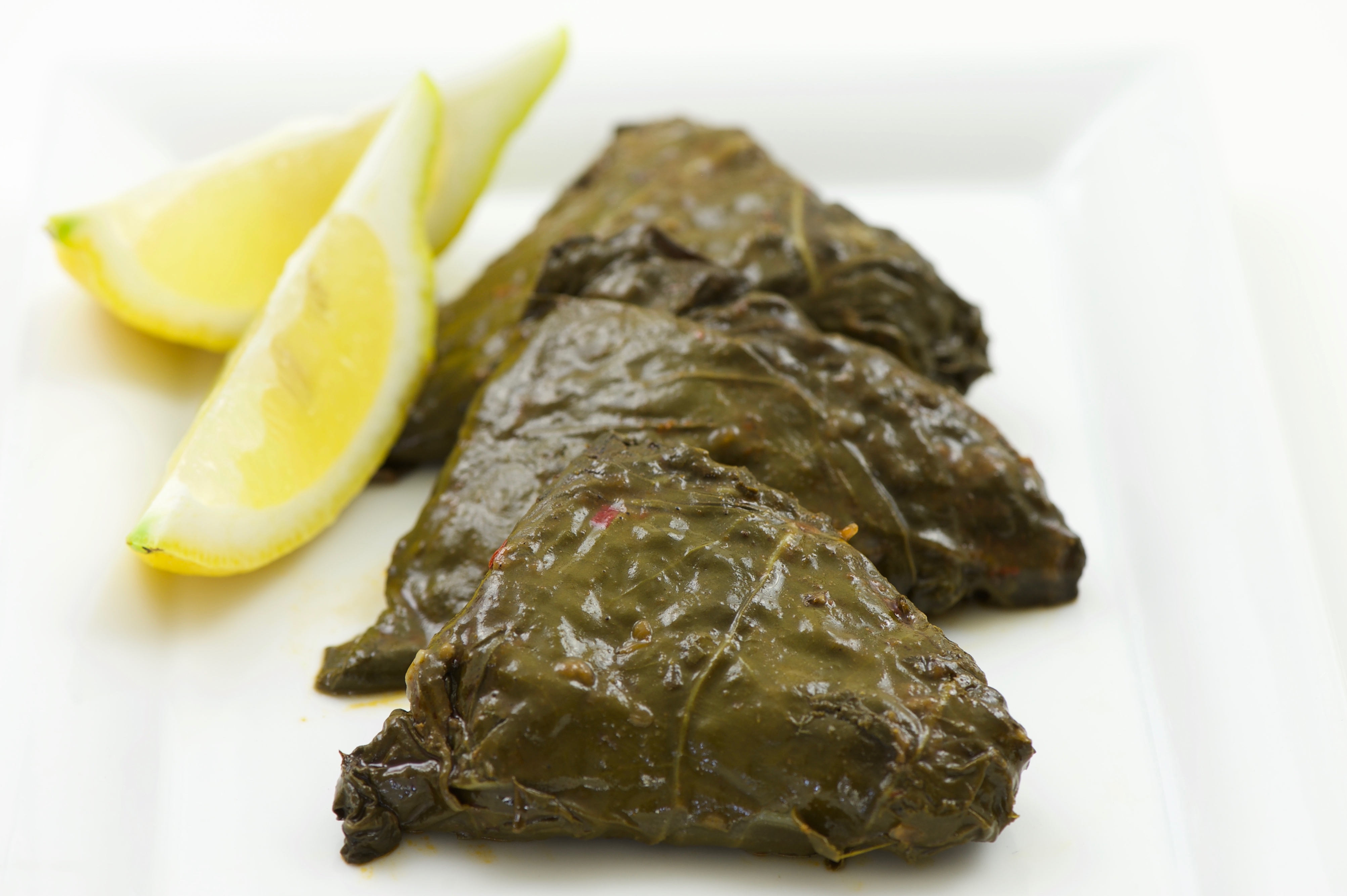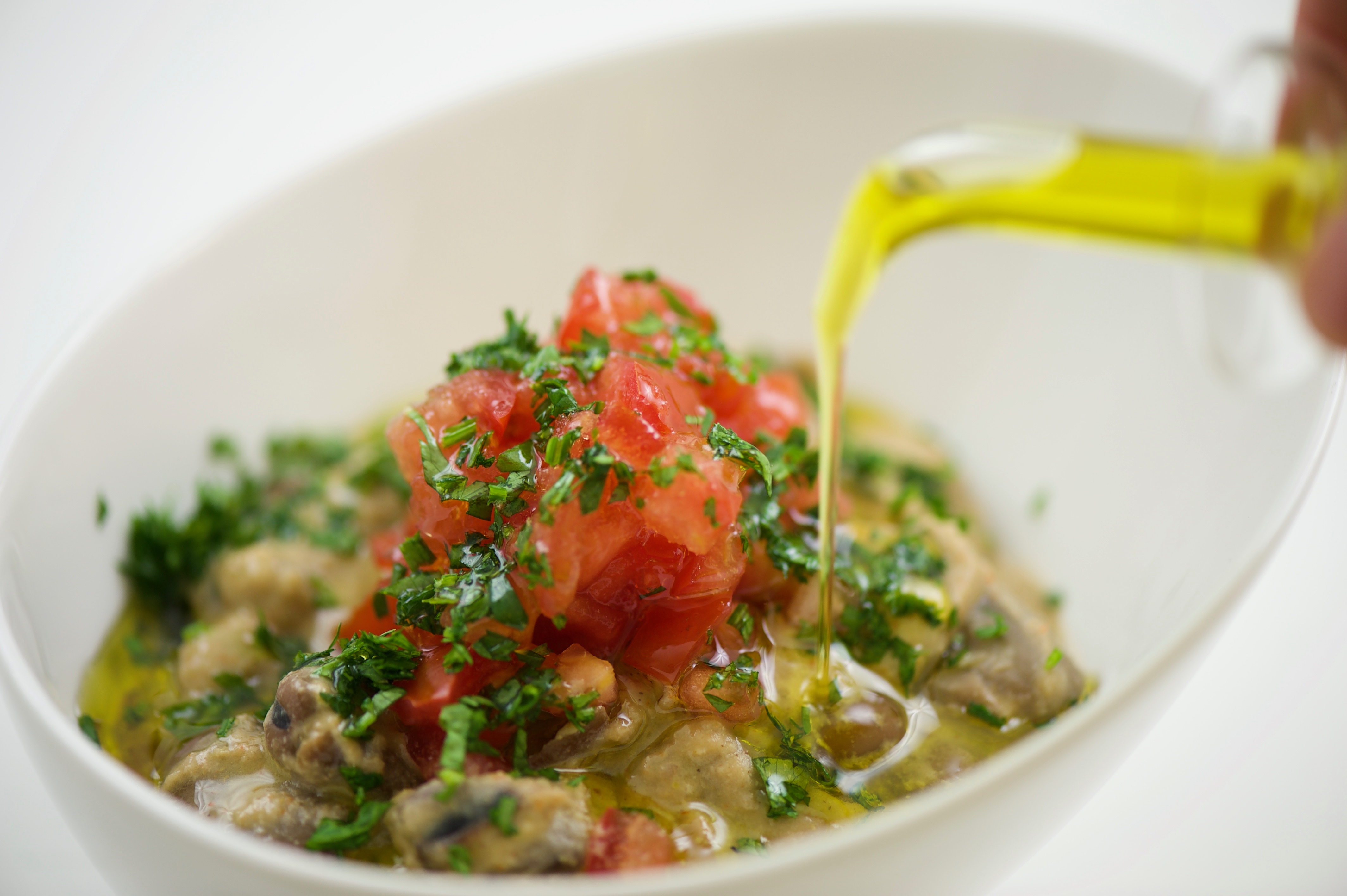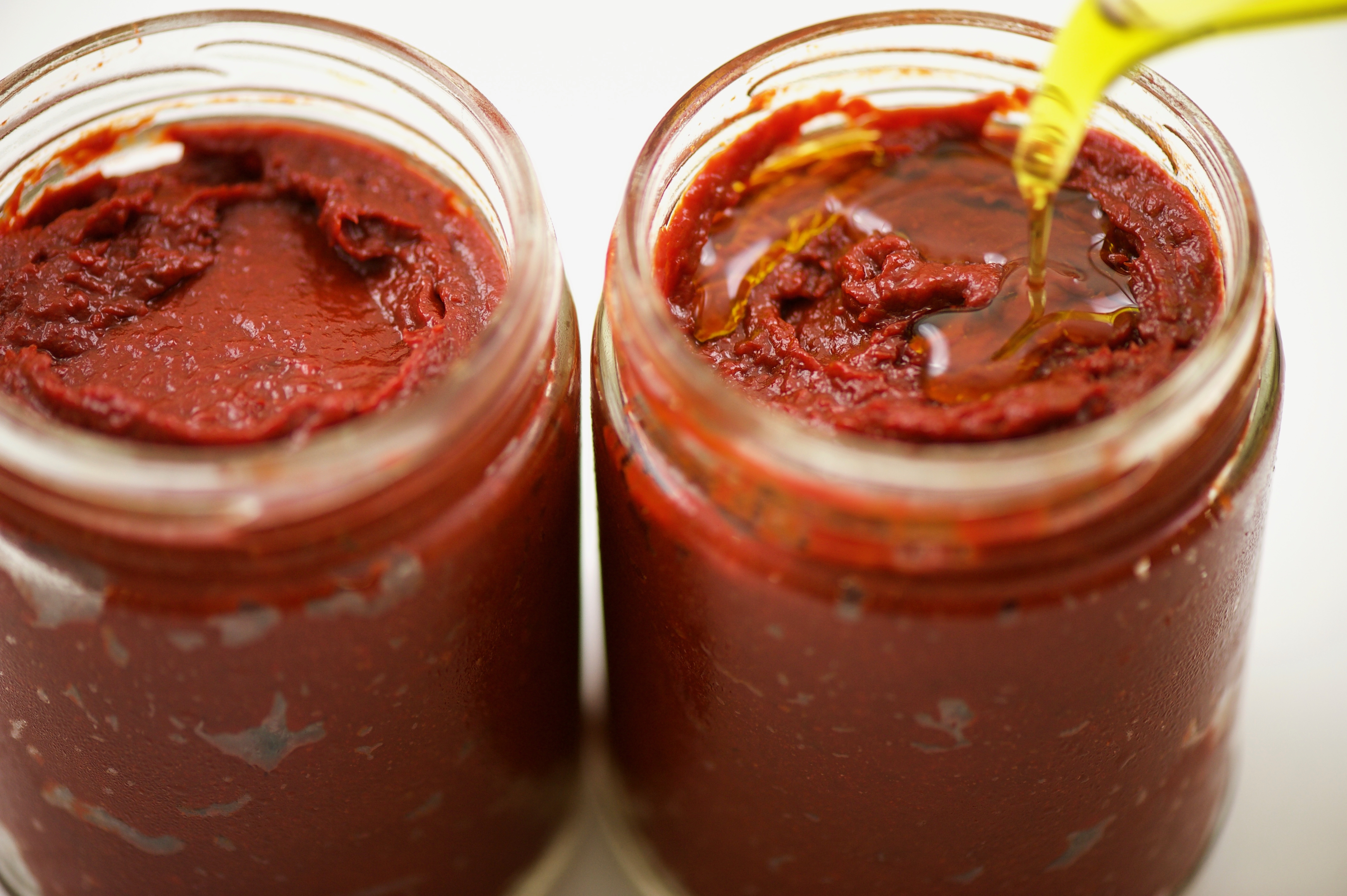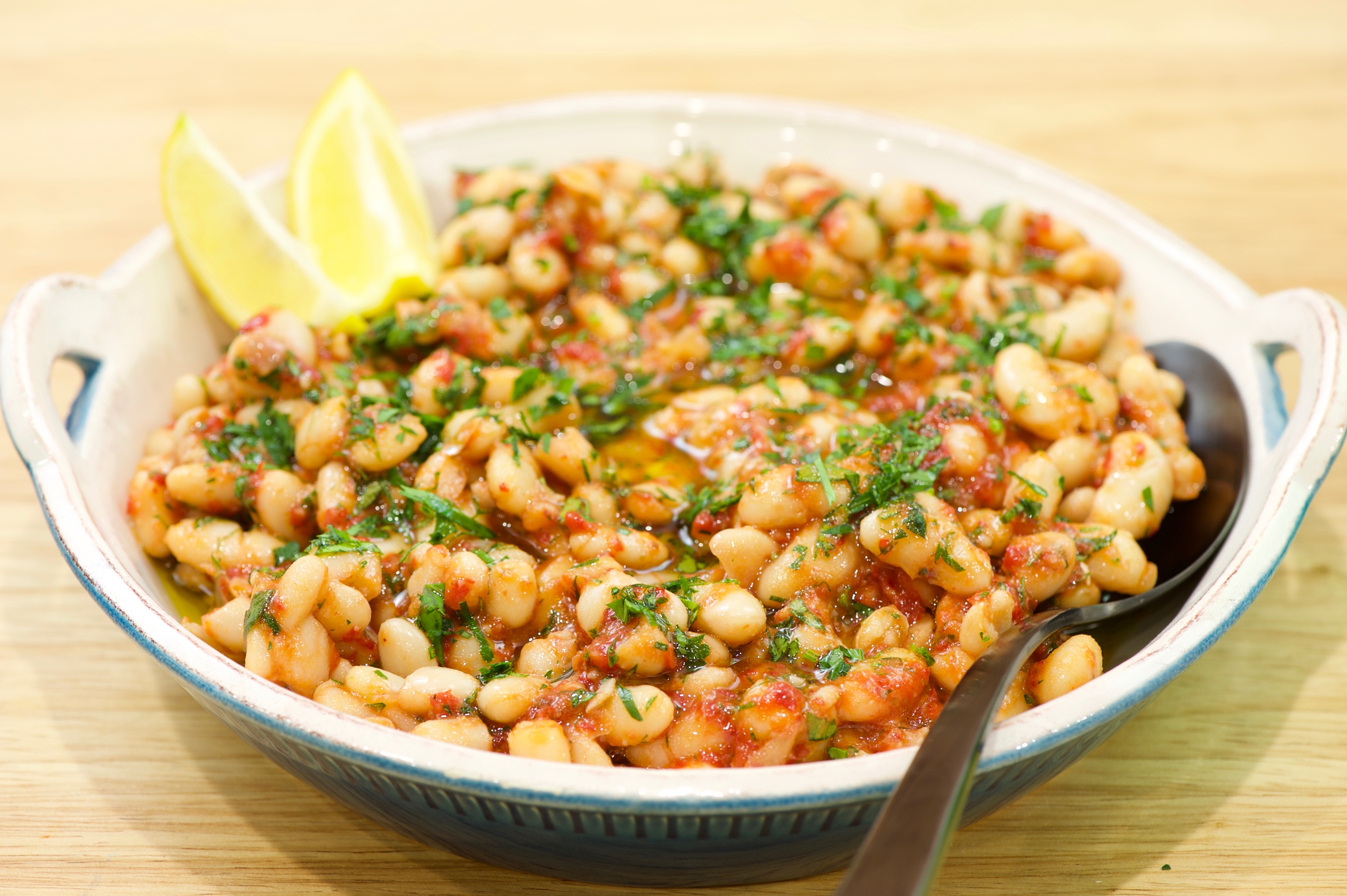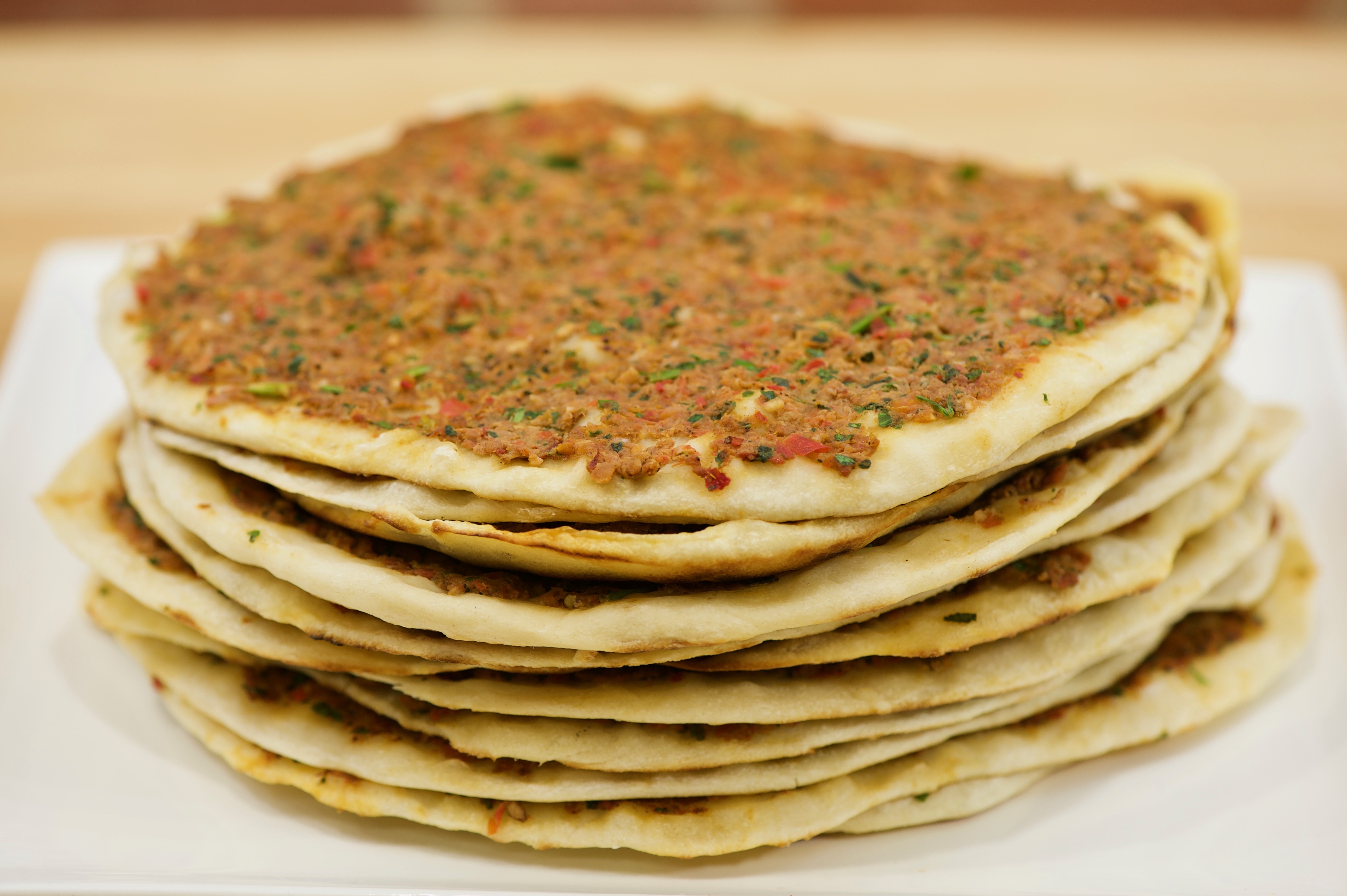The best recipes I learned in Aleppo were from home cooks. They have all the secrets. They taught me how to touch and feel food. They chided me for measuring ingredients. They always had the best stories.
Before the internet, this is how secrets were passed around. Person-to-person. Only the best tricks survived the test of time. During Lent, my grandmother’s sister, Aunt Kiki, invited me to prepare yalanji with her. She explained that Yalanji is a Turkish word. It means “liar” or “fake.” In the food world, yalanji refers to vegetarian variation of stuffed vegetables or dolmas. Since dolmas typically call for minced meat in the stuffing, the vegetarian version is often called yalanji or “lying” dolmas.
